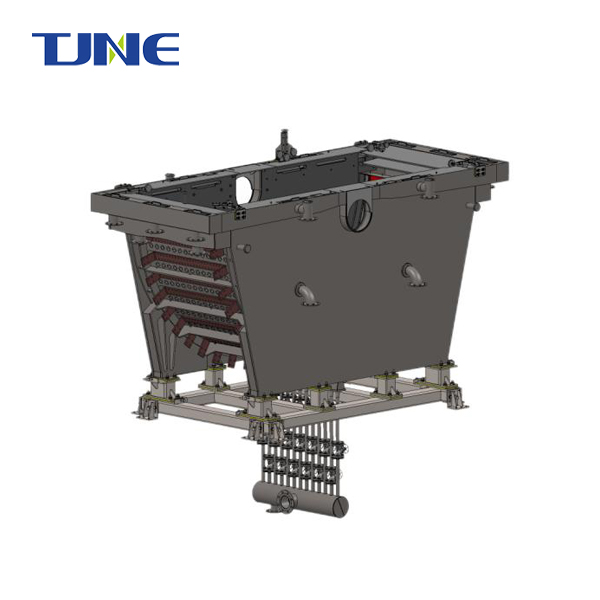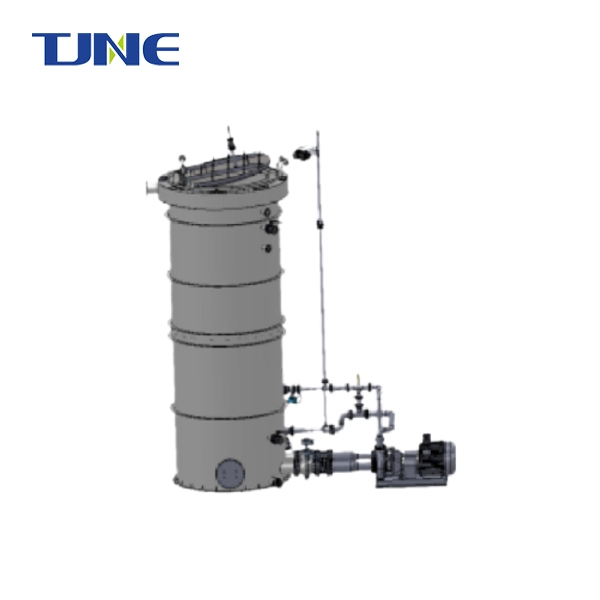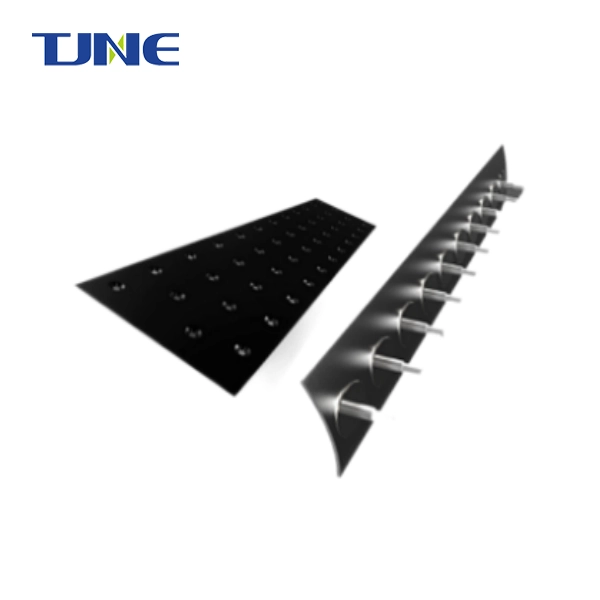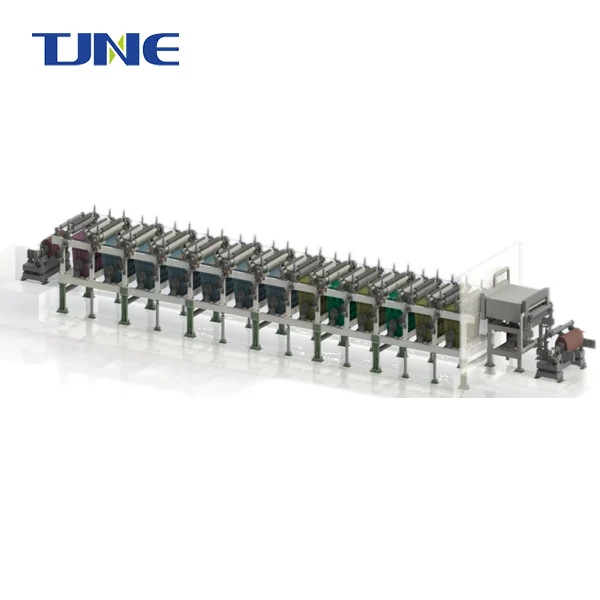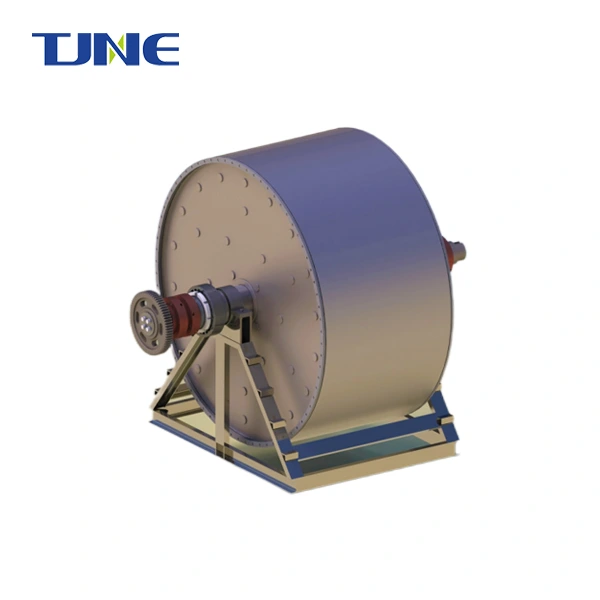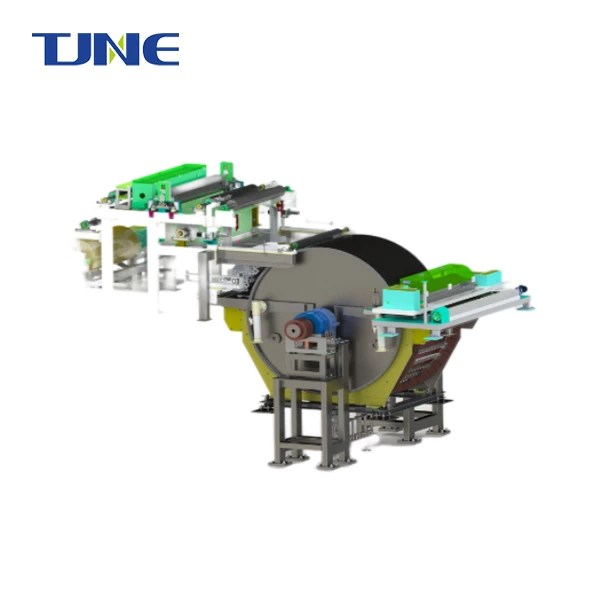- English
- French
- German
- Portuguese
- Spanish
- Russian
- Japanese
- Korean
- Arabic
- Greek
- German
- Turkish
- Italian
- Danish
- Romanian
- Indonesian
- Czech
- Afrikaans
- Swedish
- Polish
- Basque
- Catalan
- Esperanto
- Hindi
- Lao
- Albanian
- Amharic
- Armenian
- Azerbaijani
- Belarusian
- Bengali
- Bosnian
- Bulgarian
- Cebuano
- Chichewa
- Corsican
- Croatian
- Dutch
- Estonian
- Filipino
- Finnish
- Frisian
- Galician
- Georgian
- Gujarati
- Haitian
- Hausa
- Hawaiian
- Hebrew
- Hmong
- Hungarian
- Icelandic
- Igbo
- Javanese
- Kannada
- Kazakh
- Khmer
- Kurdish
- Kyrgyz
- Latin
- Latvian
- Lithuanian
- Luxembou..
- Macedonian
- Malagasy
- Malay
- Malayalam
- Maltese
- Maori
- Marathi
- Mongolian
- Burmese
- Nepali
- Norwegian
- Pashto
- Persian
- Punjabi
- Serbian
- Sesotho
- Sinhala
- Slovak
- Slovenian
- Somali
- Samoan
- Scots Gaelic
- Shona
- Sindhi
- Sundanese
- Swahili
- Tajik
- Tamil
- Telugu
- Thai
- Ukrainian
- Urdu
- Uzbek
- Vietnamese
- Welsh
- Xhosa
- Yiddish
- Yoruba
- Zulu
Titanium Anode Tank
Product overview: It plays an important role in the production process of electrolytic copper foil. Its performance and quality directly affect the quality and output of copper foil.
Product advantages: good electrochemical performance, corrosion resistance, high-precision processing, reasonable and safe structure, etc.
Technical advantages:
a. Independently developed all-titanium welding technology
b. High precision: inner arc surface roughness ≤ Ra1.6
c. High rigidity: coaxially ≤±0.15mm; diagonal ≤±0.5mm, width ≤±0.1mm
d. High strength: no leakage within 5 years
e. Full specifications: Possessing the design and manufacturing capabilities for anode slots with a diameter of 500~3600mm
Product after-sales service: We provide timely, high-quality new anode manufacturing and old anode recoating services worldwide.
What is Titanium Anode Tank?
Titanium anode tank is a specialized product offered by TJNE, a professional manufacturer and supplier of Titanium Anode. With strong technical expertise and comprehensive one-stop after-sales service, TJNE is committed to delivering high-quality products to its customers. It is designed for various industrial applications that require corrosion resistance and efficient electrochemical processes.
It is constructed using high-grade titanium material for durability and excellent resistance to corrosion. It is designed to meet the requirements of electrochemical processes, such as electrolysis, electroplating, and other applications that involve the generation of oxidative reactions. The tank is equipped with an anode element made of titanium, which serves as the positive electrode and facilitates the desired chemical reactions.
Working Principle and Chemical Performance
Titanium anode tank enables the electrochemical reactions necessary for specific industrial processes. When an electric current is passed through the system, the anode (positive electrode) releases positively charged ions into the solution, promoting chemical reactions and converting the cathode (negative electrode) material. This efficient electrochemical process ensures the desired outcomes, such as metal plating or water purification. The chemical performance of the titanium anode ensures excellent corrosion resistance, even in corrosive environments.
System Components and Detailed Structure
The Titanium Anode Tank consists of the following components:
-
Titanium tank body
-
Anode elements made of titanium
-
Electrical connections for power supply
-
Insulation material for electrical separation
The tank is designed with a modular structure, allowing customization based on specific requirements. The anode elements are positioned strategically within the tank for efficient electrochemical reactions. The entire system is sealed tightly to prevent leaks and ensure safety during operation.
Characteristics and Advantages
It offers several notable features and advantages:
-
High corrosion resistance due to titanium material
-
Efficient electrochemical reactions for desired outcomes
-
Modular structure for easy customization
-
Tightly sealed system for safety
-
Long lifespan and low maintenance requirements
Applications
Electroplating - Electrode-Posited Copper Foil Titanium Anode Tank is commonly used in electroplating processes to deposit metal coatings like chrome, nickel, copper, etc. onto parts. The titanium anodes provide the metal ions while the parts act as the cathode.
Electrochemical Machining - This process uses an electrolyte between a titanium anode and the conductive workpiece to remove material anodically from the workpiece surface. Anode tanks provide the high current needed.
Cathodic Protection - Sacrificial anodes made of titanium alloys are used in tanks/pools to protect structures like ships, pipelines, and bridges from corrosion. The anodes are more active and corrode preferentially.
Electrolytic Cleaning/Polishing - Anode tanks are used to electrolytically remove rust, scale, or surface layers from metallic items through anodic dissolution.
Anodizing - Hard anodized coatings are developed on components through an electrolytic process with titanium acting as the anode. Tanks designed for high currents.
Electrolytic Extraction - This applies high current through titanium anodes to drive the separation of metal from ores, brines, or solutions. Used for metals like lithium, sodium, and magnesium.
Wastewater Treatment - Titanium anodes allow electrochemical oxidation processes for treating and disinfecting wastewater streams.
Chlor-Alkali Process - Pairs titanium anodes and cathodes to electrolyze brine and produce chlorine, sodium hydroxide, and hydrogen gas.
Frequently Asked Questions (FAQ)
Q: Can the Titanium Anode Tank be customized for different tank sizes?
A: Yes, the tank can be customized to meet specific requirements, including tank capacity.
Q: What is the lifespan of the Electrode-Posited Copper Foil Titanium Anode Tank?
A: The tank has a lifespan of 20+ years due to its corrosion-resistant titanium material.
Q: Does TJNE provide after-sales service?
A: Yes, TJNE offers comprehensive one-stop after-sales service to ensure customer satisfaction.
Q: Can the tank be used in highly corrosive environments?
A: Yes, the tank's titanium material provides excellent corrosion resistance even in harsh conditions.
For further inquiries or to purchase your Titanium Anode Tanks, please contact us at yangbo@tjanode.com
